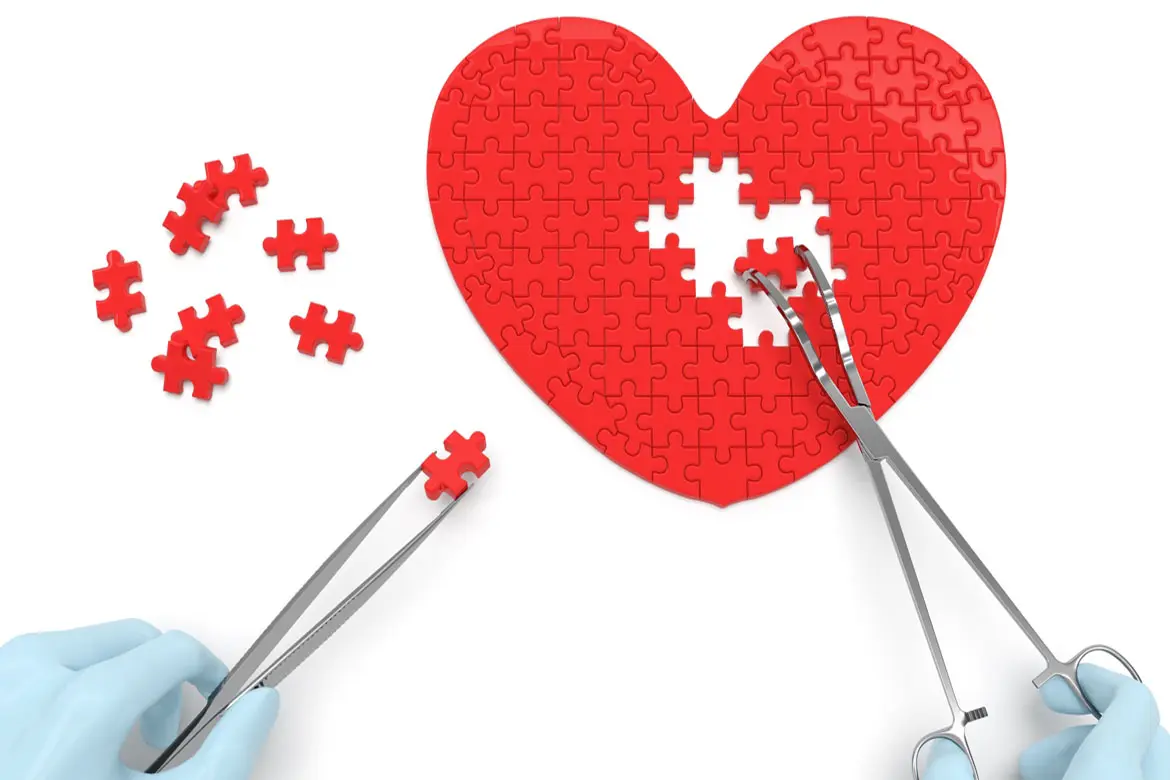-
-
Featured Care Areas


Source: Shutterstock
5 Things You Never Knew about Heart Attacks
Last updated: Sunday, August 21, 2016 | 3 min reading time
Think heart attack symptoms are obvious to spot? Here are 5 things you never knew about heart disease, heart attacks and high blood pressure.
The difference between men's and women's hearts
A woman's heart is smaller than a man's: a man's heart weighs about 283g, while a woman's is about 227g. The female heart is both smaller and also less likely to give out signals that something is wrong. While both men and women can experience chest pain or pressure when they have heart attacks, women are more likely to experience lesser-known signs of heart attacks such as nausea, indigestion or shoulder aches instead.
Ethnic inequalities
Your race or ethnicity can also play a role in how at risk you are of heart-related illnesses. In Singapore, Indians and Malays are the groups most at risk of heart disease. In 2011, per 100,000 people, there were 439.2 heart attacks for Malays and 421.5 for Indians. While genetic markers could play a role in this, lifestyle choices could also be a significant factor. According to Singapore's latest National Health Survey; obesity, daily rates of smoking and cholesterol levels are highest amongst these ethnic groups.
The Monday morning heart attack
Heart attacks are more likely to occur on a Monday morning than at any other time of the week. A stress hormone called cortisol is at its highest level early in the day, making the morning the most likely time for cholesterol plaque that has built up in the arteries to break and stop the flow of blood to the heart. With most people likely to be feeling more stressed at the start of the workweek, studies have shown a spike in heart attacks on a Monday morning. And, alas, these statistics still hold true for retirees – maybe we're just creatures of habit.
Rapid weight loss is risky, too
We all know that putting on too much weight puts us at risk from a number of health problems, like heart attacks and high blood pressure. But did you know that losing weight too rapidly is also dangerous? Crash diets – any diet of less than 1,200 calories a day, and particularly those that don't provide a balance of nutrients – don't work in the long term and can lead to heart problems. Rapid weight loss can weaken your immune system, which risks causing dehydration, heart palpitations and cardiac stress.
The bottom line is: too many crash diets increase your risk of heart attacks.
Nearly 1 billion people have high blood pressure
High blood pressure (hypertension) is the leading cause of heart disease. Although hypertension tends to be associated with increasing age and genetic factors, there is plenty that you can do to help keep it at a healthy level.
To prevent high blood pressure and heart attacks, it's a good idea to cut down on salt, exercise regularly, maintain a healthy weight – and don't forget to include plenty of fruit and vegetable in your diet.
Malays at higher risk, but fewer go for checks. (n.d.) Retrieved from https://www.ttsh.com.sg/about-us/newsroom/news/article.aspx?id=4540
Mills, K T, et al. (2016, August 6). Global Disparities of Hypertension Prevalence and Control: A Systematic Analysis of Population-Based Studies From 90 Countries. Circulation, 134, 441–450. DOI: https://doi.org/10.1161/CIRCULATIONAHA.115.018912
Mills, K T, et al. (2016, August 6). Global Disparities of Hypertension Prevalence and Control: A Systematic Analysis of Population-Based Studies From 90 Countries. Circulation, 134, 441–450. DOI: https://doi.org/10.1161/CIRCULATIONAHA.115.018912








